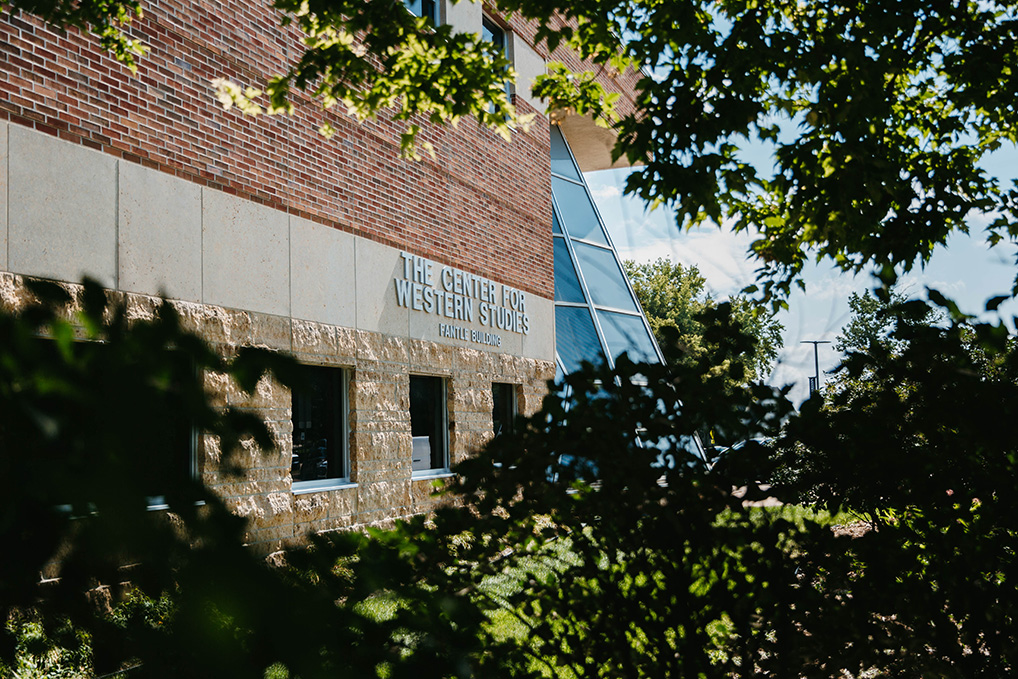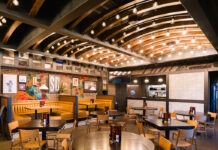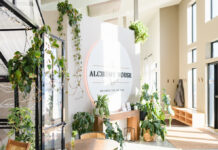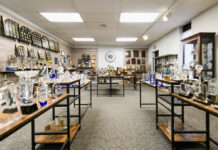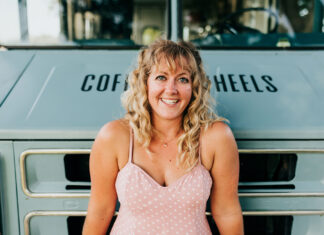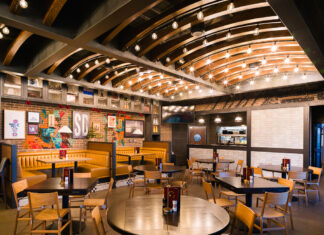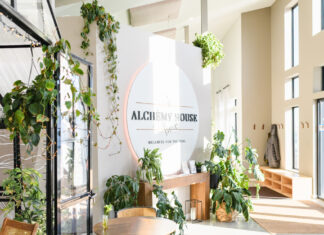Universities all across South Dakota have a multitude of programs and pieces of knowledge to offer students, traditional and nontraditional. Programs like the University of Sioux Falls’ nursing program, Southeast Technical College’s surgical technology program, Augustana University’s Center for Western Studies, and Northern State University’s education programs help equip students with the qualifications needed for success. Read more about what each school has to offer in this issue’s roundup.
Augustana University
PROGRAM: The Center for Western Studies
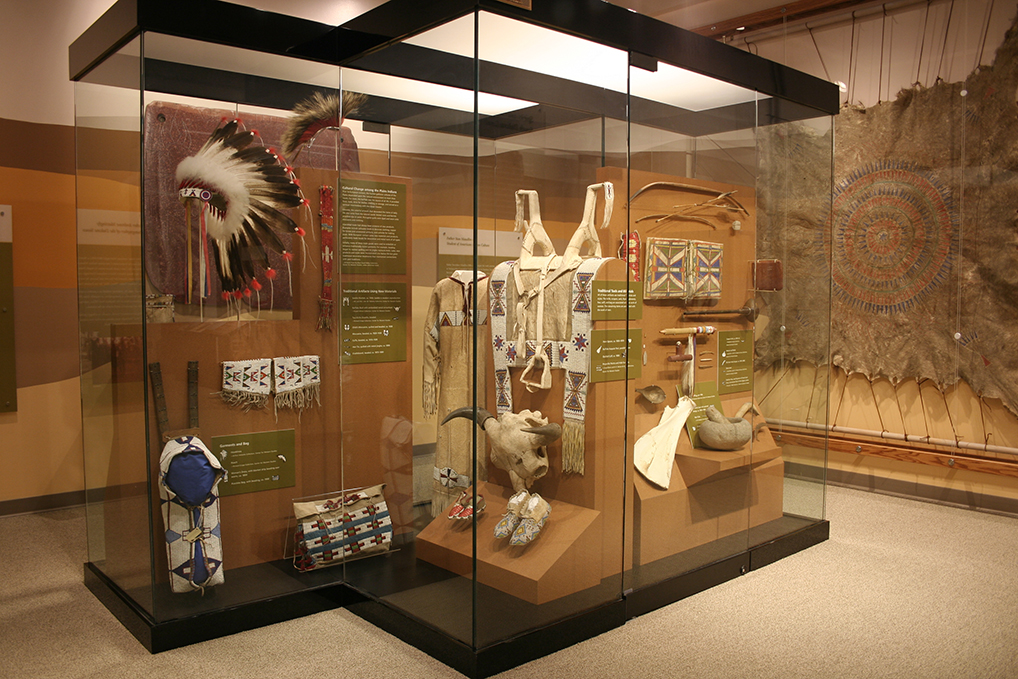
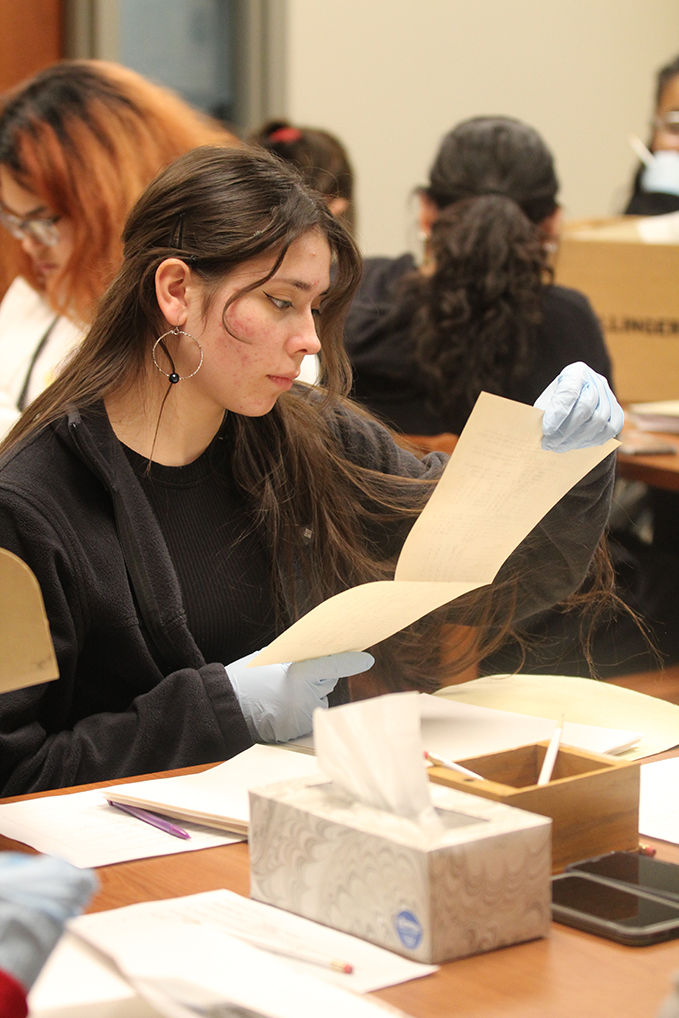
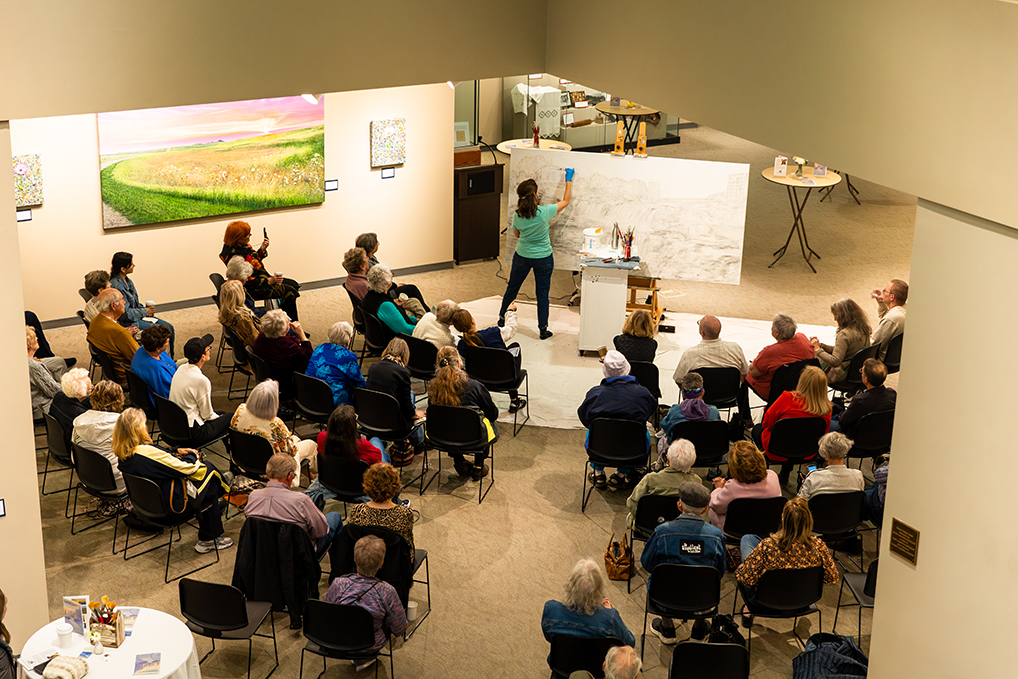
The Center for Western Studies at Augustana University offers students not only a unique place to study and exist in, but a place to view art.
Archival expertise is housed at the center, with 500 substantive collections and 37,000 historic volumes on the American West, available to students for exploration and education. There’s also a vast collection of fine art on campus.
Along with the archive and library, the space features a rotating art gallery and the preeminent exhibit, Voices of the Northern Plains.
Over 70 books have been published through the Center for Western Studies. Every year, a nonfiction book is published about the Northern Plains.
The center’s education associate, Kamryn Miller, earned her degree from Augustana in history and secondary education.
“The history department at Augie does a good job of utilizing the Center as a way for students to do hands-on research,” said Miller. “Students are able to emulate the documenting of history, studying history, and doing the work in the archives.”
The Center for Western Studies is especially a resource for the community, local academics and researchers, and people passing through the area eager to learn more by engaging with history.
Various Augustana history classes are held at the Center, and Miller says the space provides more opportunities for students to directly interact with heritage, arts, culture, and history in a tangible way.
“We are a hidden gem,” added Miller. “We are free and open to the public and in a space where people can come and view fine art without having to go far.”
As a resource of knowledge and history, the Center is able to offer students and faculty members unique, interactive ways to learn. One way the Center for Western Studies educates and engages with students, faculty, and community members is through the Boe Forum.
The Boe Forum is a yearly lecture series addressing current world or national concerns appealing to the general public and student body.
“This is our premier public program we offer, typically held every spring, that aims to invest in our well-established programs and continue to grow them, continue to gain knowledge and popularity,” said Miller.
Events are regularly hosted at the Center for Western Studies, and Miller says their reach continues to make an impact on the communities they serve.
For more information, visit AUGIE.EDU+
Northern State University
PROGRAM: Education
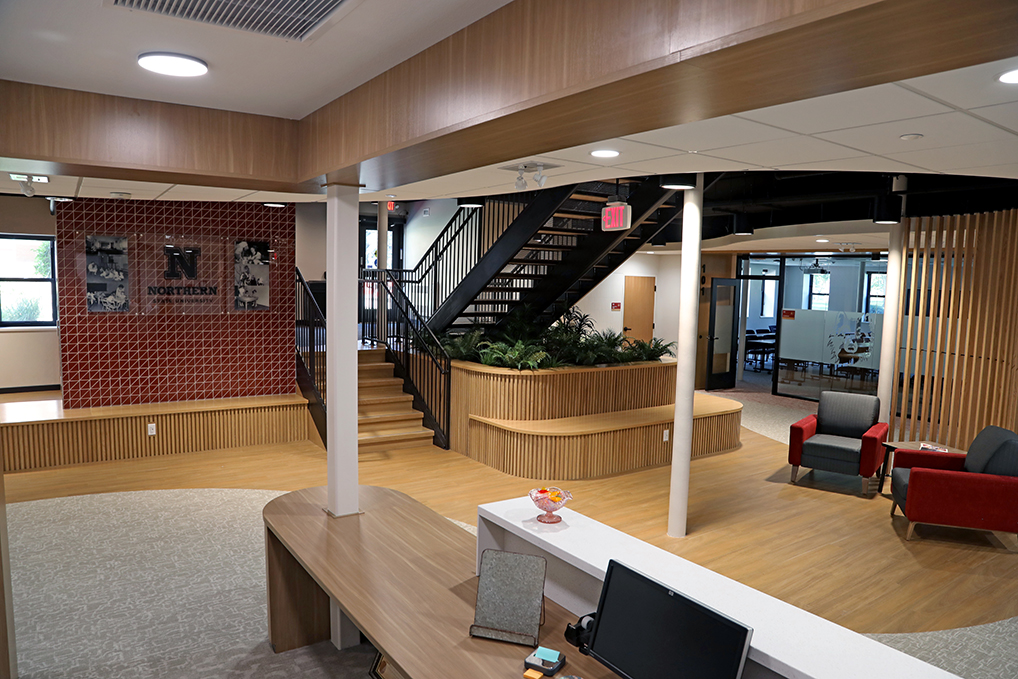
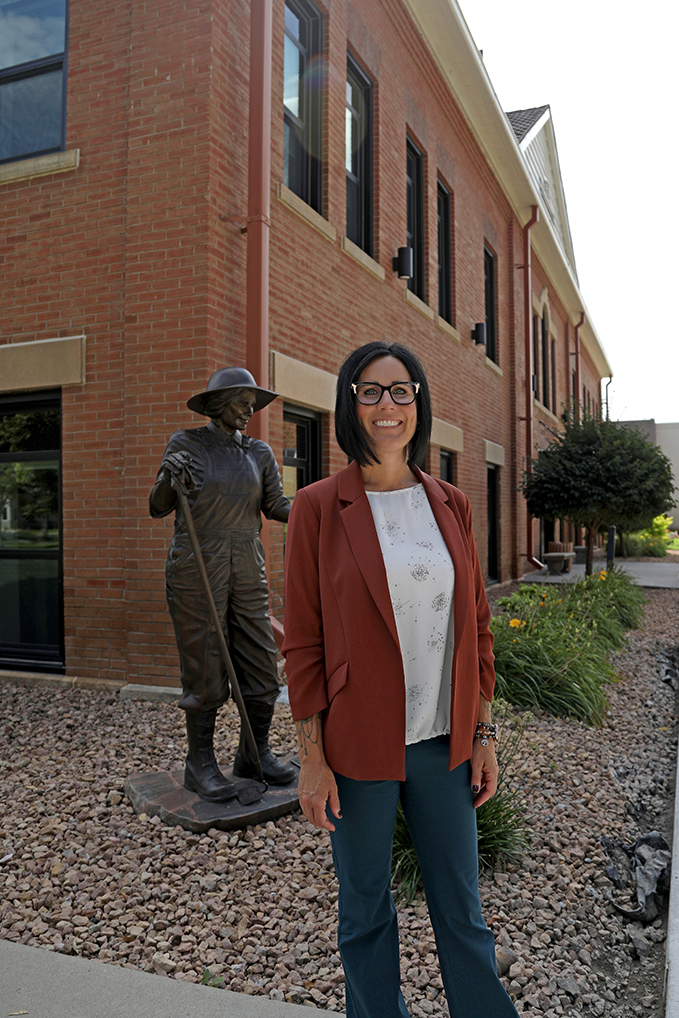
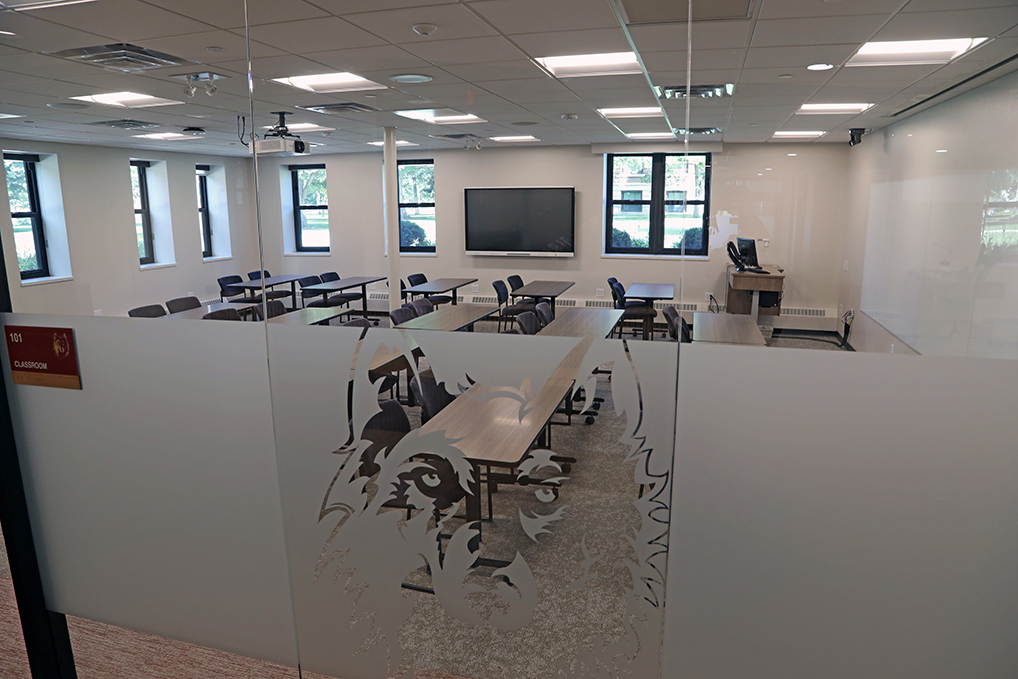
“We started as a school of education—a teacher’s college,” said Anna Schwan, dean of the Millicent Atkins School of Education at Northern State University (NSU). “It’s been our legacy since 1901, and we’re just continuing to build on that right now.”
NSU offers traditional teaching programs through the teacher education program, including early childhood, elementary, secondary, career, and technical education. One recent graduate from NSU received the Milken Educator Award for outstanding teachers.
Sports sciences started out as a physical education program, and has only grown since its inception and still resides within the school of education.
Majors offered in the sports science program include human performance, sports administration, and a new master’s degree with specializations in subjects like biomechanics, Schwan elaborates.
Secondary education can be paired with a variety of other studies, Schwan adds. Essentially anything students want to teach, Northern is able to provide training on.
“Also housed in the school of education are psychology and counselor education,” said Schwan. “We’ve got two tracks, school counseling, and clinical and mental health. A lot of service-oriented professionals come out of the school.”
The H.P. Gerber Building that houses the School of Education hadn’t been remodeled since the ‘90s, and administrators, faculty, staff, and students thought it was time for something fresh.
“The building feels much more alive and very open,” said Schwan. “The sheet rock walls are down, the space is open, and it’s just very conducive to the way that teaching and learning happens these days.”
With a 5 million dollar budget, more collaborative spaces and new technology have been introduced to the school.
The new building isn’t what inspires Schwan, though.
“The best part about Northern is the students,” said Schwan. “They’re incredible. They’re funny, they’re brilliant, they love to learn, and they’re excited about being in classrooms and out in the field.”
For more information, visit NORTHERN.EDU+
Southeast Technical College
PROGRAM: Surgical Technology
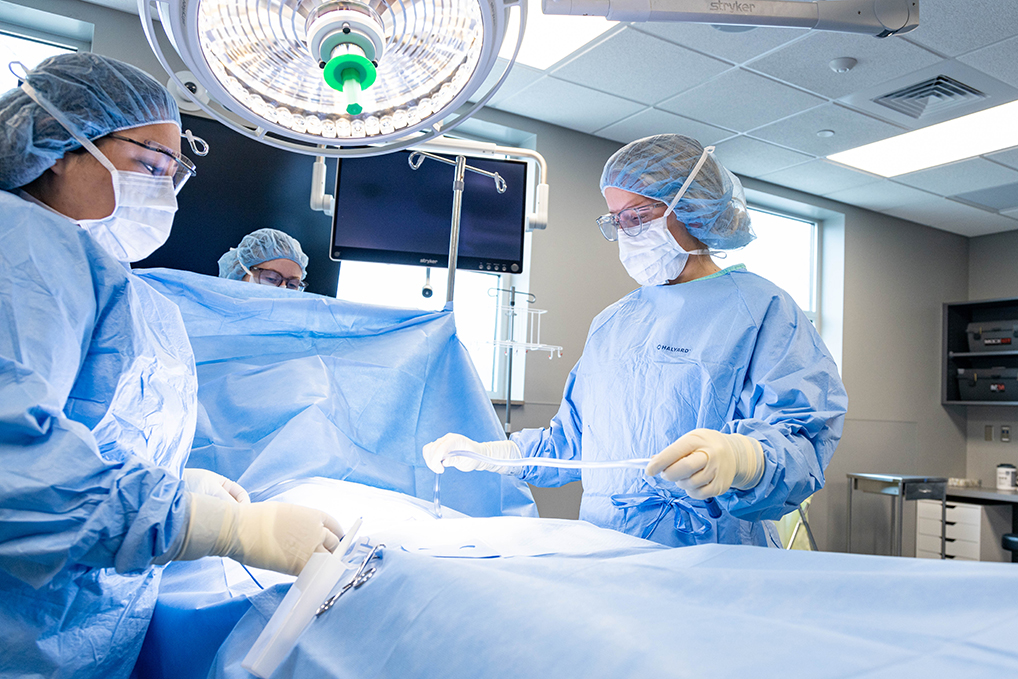
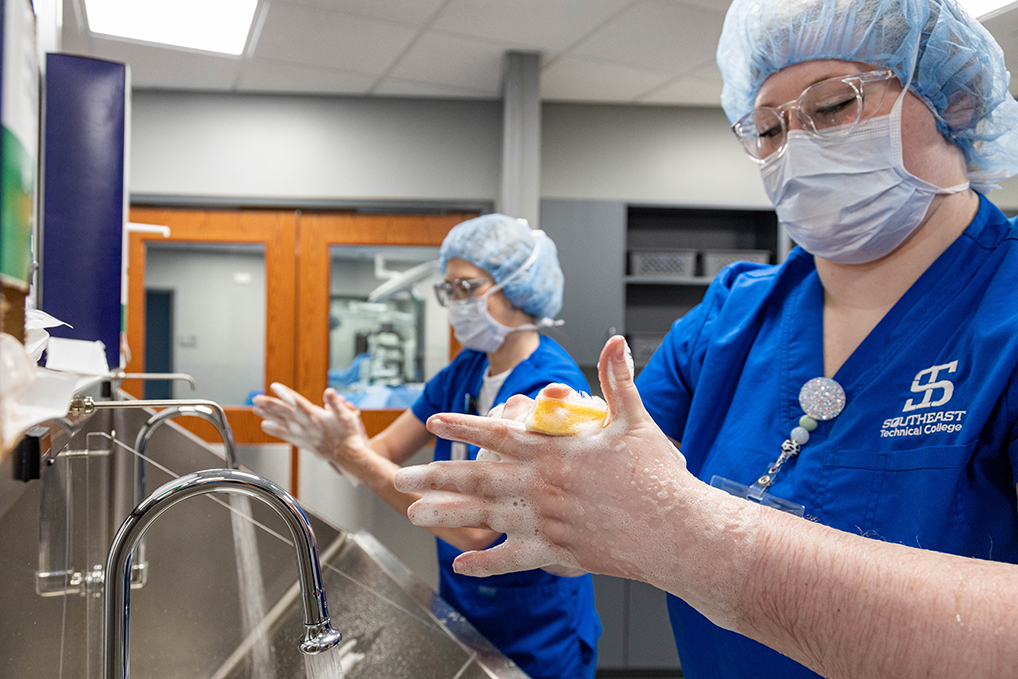
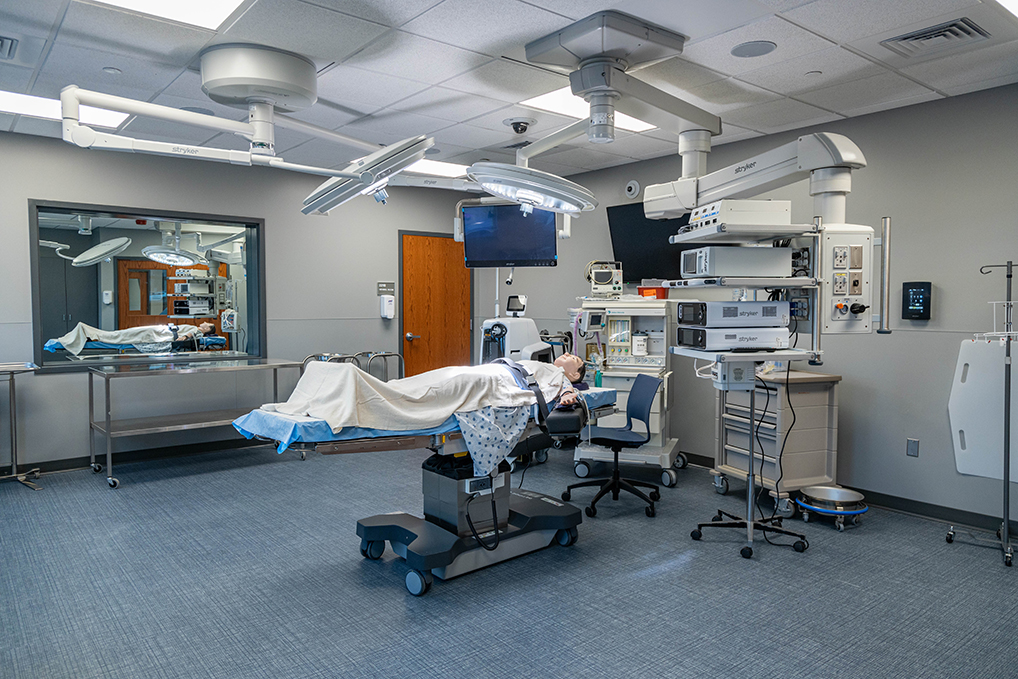
Southeast Technical College (STC) was established in 1968 and has over 65 career paths to choose from.
One career path available at STC is the Surgical Technology Program—a program preparing students to be an essential part of the operating room team, says vice president of academic affairs Dr. Fenecia Homan.
From certified surgical technologists, to material management, medical sales, private practice, labor and delivery, organ and tissue procurement, and more, there are many routes a student can go once they have their degree.
“Students gain a deep understanding of surgical procedures, anatomy, sterilization techniques, and patient safety—skills they’ll rely on every day in the field,” said Josie Otto, surgical technology program director. “Much of this training takes place in STC’s brand-new Healthcare Simulation Center, which is designed to function like a mini hospital.”
The two-year program uses a hands-on, fast-paced learning environment. The program starts with initial foundational courses and then transitions to lab-based education, where students are able to work with real surgical instruments and equipment, Otto adds.
“In the final phase, students complete clinical rotations at regional hospitals and surgical centers and put everything they’ve learned into practice,” said Otto.
The students work with state-of-the-art surgical suites replicating real operating rooms in the Healthcare Simulation Center. The center creates a sterile environment with technology, instruments, and experiences they’ll encounter on the job, Otto says.
“This hands-on setting allows them to practice in realistic scenarios, building confidence and competence before stepping into their clinical rotations and careers,” added Otto.
Since the Surgical Technology program is Build Dakota eligible, students can apply for a full-ride scholarship catered to high demand technical colleges in the state, covering 100% of their tuition, fees, books, uniforms and supplies.
“We’re proud of the work we do to connect students with careers and support them along the way,” said Homan. “It’s about meeting workforce needs, but also meeting the unique needs of our students.”
For more information, visit SOUTHEASTTECH.EDU+
University of Sioux Falls
PROGRAM: Nursing
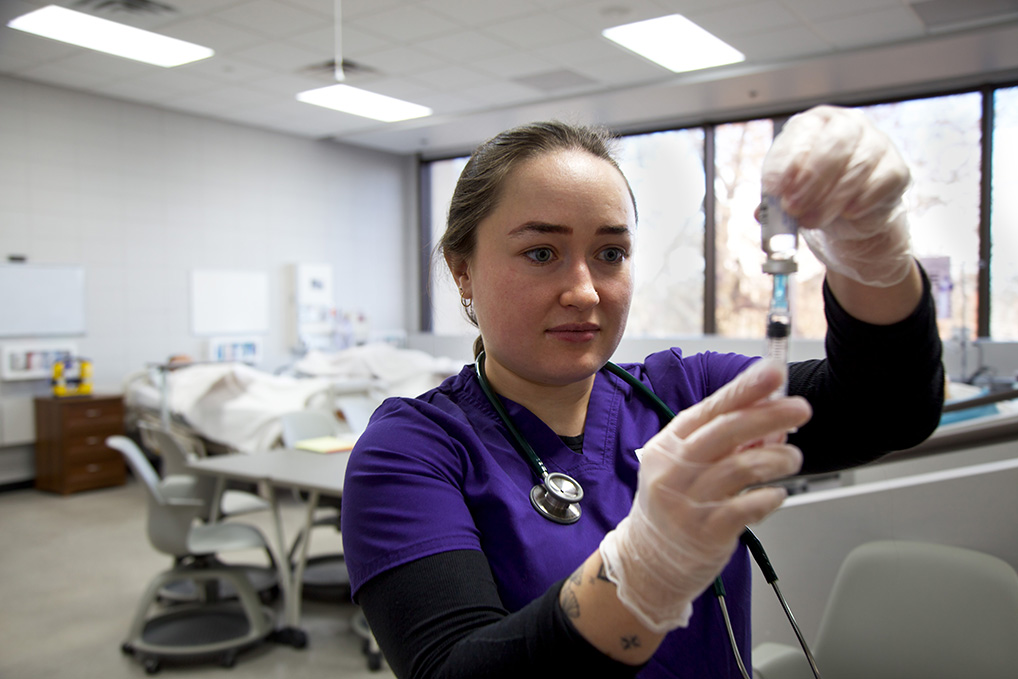
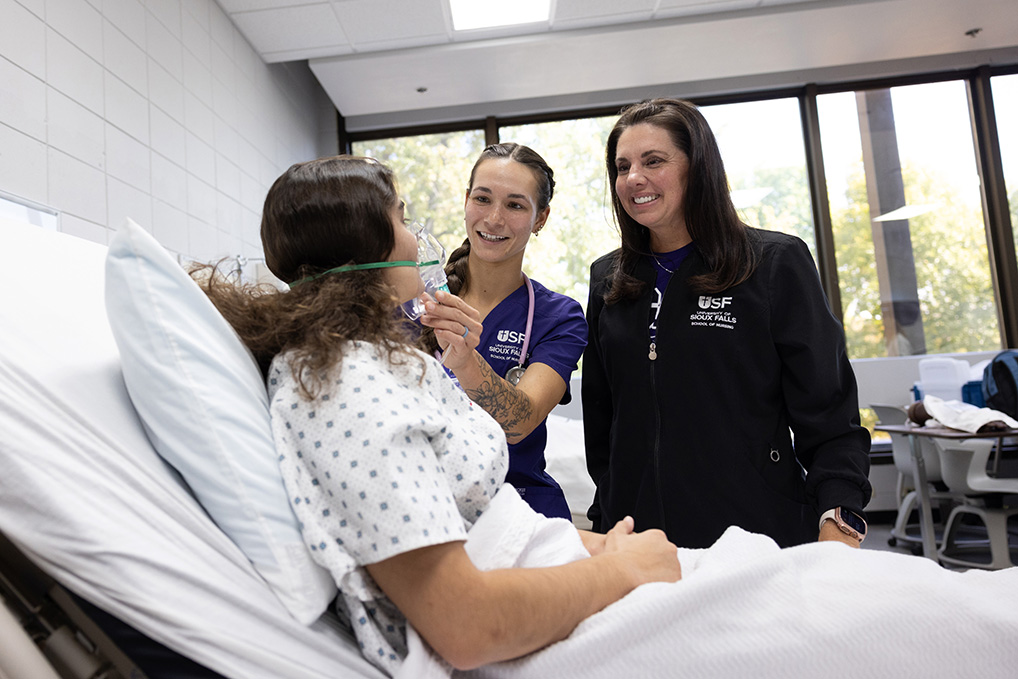
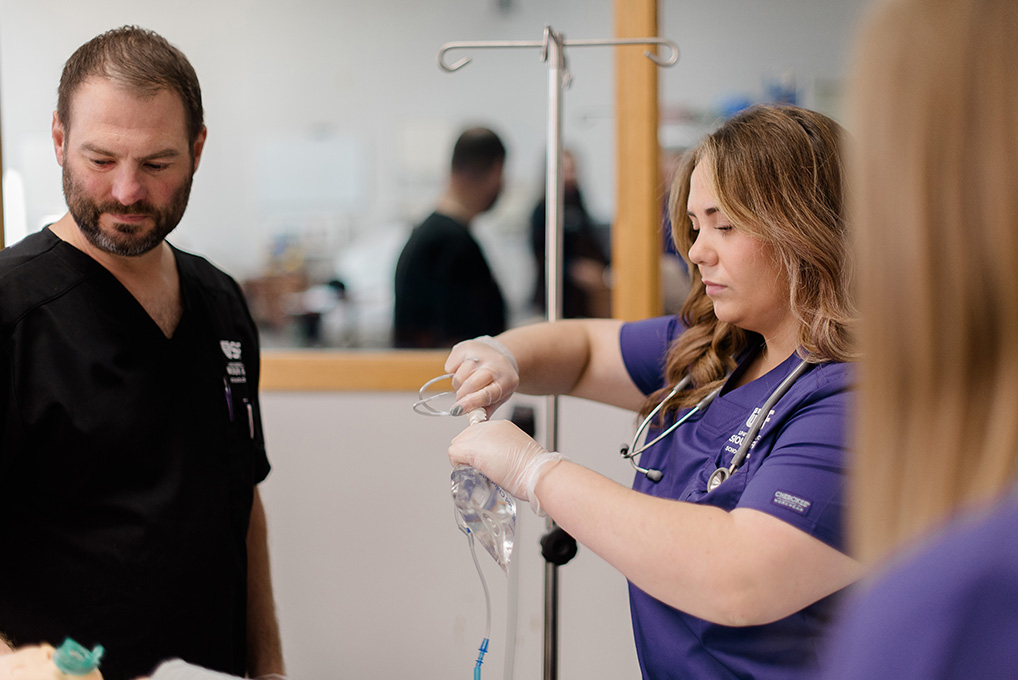
The 1,000th University of Sioux Falls (USF) nursing graduate is expected in the spring of 2026. Launched 15 years ago, the program has become a pillar of healthcare education in the region, says director of the USF nursing program Dr. Jessica Cherenegar.
The USF nursing program offers multiple pathways to a Bachelor of Science in Nursing (BSN), including traditional four-year tracks, accelerated programs for students with previous degrees, and a recently launched Licensed Practical Nurse (LPN)-to-BSN option.
“We’re really committed to making sure our students don’t feel like numbers,” said Dr. Cherenegar. “We respect that they are investing in us, and we want them to feel well taken care of, because that will continue into their practice.”
USF works closely with local hospitals and the South Dakota Board of Nursing to not only address workforce needs, but to provide clinical work experience. This helps prioritize focus and meeting community wants while supporting students academically, Cherenegar clarifies.
USF also partners with other schools to help meet the needs of the state.
Since the program is smaller than others in the state, Dr. Cherenegar says USF is able to better accommodate students personally and academically, while prioritizing ethics, empathy, and authenticity.
“We set a standard of how we treat people,” said Dr. Cherenegar. “Making sure our students feel whole, intact, and cared for is nonnegotiable here at USF, and then they’re able to make others feel whole,
intact, and cared for.”
Prospective students are encouraged to consider USF and its affordable accessibility, co-curricular activities, and the school’s commitment to student success, adds Dr. Cherenegar.
“Don’t forget about USF when you’re thinking about your first or next degree,” she continued. “In addition to nursing, we offer over 90 degree options, including associate, bachelor’s, master’s, and doctorate degrees. Prospective students and families find our USF team very approachable; we will work together to help you best live out your academic journey.”
For more information, visit USIOUXFALLS.EDU+


